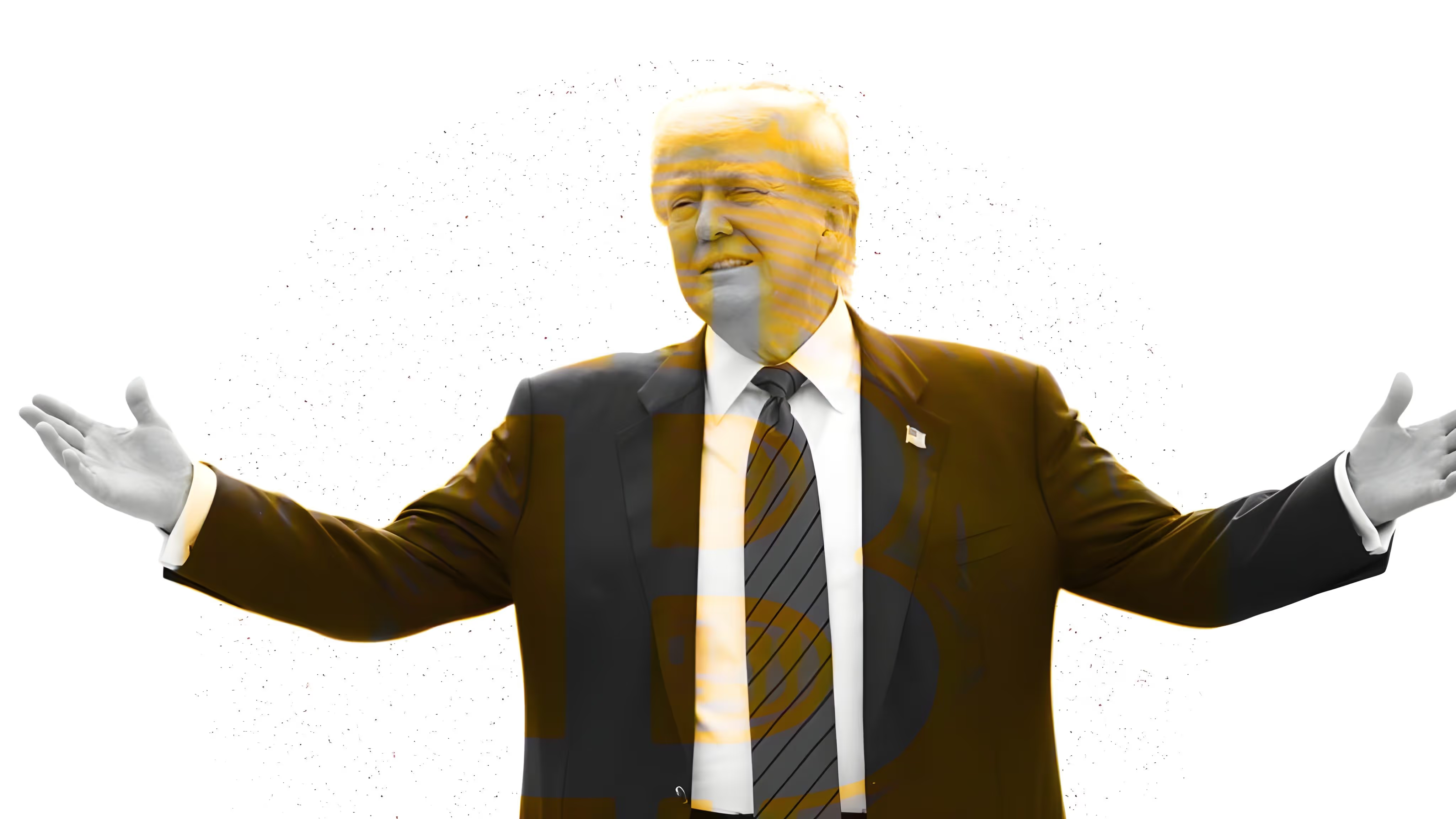Trump’s Tariffs Squeeze US Bitcoin Miners: Imports Shift Abroad

In a world where global supply chains pulse like a delicate nervous system, the White House’s latest trade reforms could plunge the US Bitcoin mining industry into a maze of costs and competition. Imagine America’s dream of digital dominance undermined by its own policies, as miners look to more favorable shores. Here is an analysis that cuts through the ripples of this decision, revealing how it shapes the future of mining.
The United States, once a magnet for technological innovation, is now one of the least attractive places to import Bitcoin mining equipment. Ethan Vera, Chief Operating Officer of Luxor Technology, warned that the new tariffs will stifle growth and divert machine flows abroad. Following the expiration of a 90-day tariff pause announced by President Trump in April as part of his trade overhaul, the White House finalized new tariffs on key production hubs in Southeast Asia on July 31.
The current rates, based on a document provided by Vera and effective from August 7, include a 19 percent tariff on ASICs from Indonesia, Malaysia, and Thailand, bringing the total import levy to 21.6 percent. Indonesia’s tariff was set after consultations, Malaysia’s was reduced from an earlier 25 percent proposal, and Thailand’s was lowered from a previously proposed 36 percent. For China, tariffs remain unchanged for now, as announced on July 29: a 10 percent base tariff through August 12, plus a China-specific 20 percent surcharge, totaling 57.6 percent, lower than the once-threatened 145 percent. Both countries have agreed in principle to extend the pause for another 90 days, pending final approval.
Before Trump’s second term, ASIC machines from Malaysia, Thailand, and Indonesia faced a standard US import duty of about 2.6 percent. Machines from China fell under the same 2.6 percent duty, plus an additional 25 percent under Section 301. Luxor, a Bitcoin mining technology and services company, operates pools, offers ASIC brokerage, firmware, and hashrate derivatives. While the US is its largest market, Luxor serves firms in 32 countries. Vera emphasized that the tariffs are dampening demand from US clients and redirecting machines to countries with more favorable regulations, such as Canada.
We see a slowdown in US growth, driving machines to foreign markets with better tariff conditions, Vera said. At 21.6 percent tariffs, the US is now one of the least competitive countries for imports, and miners are exploring options like Canada for expansion. Luxor is helping clients secure equipment through onshore partnerships, including domestic production with Chinese manufacturer MicroBT. All major ASIC producers are expanding domestic manufacturing to supply US clients cost-effectively, Vera added.
Still, companies with inventories of used miners in the US could benefit. US-based used ASICs will see strong price appreciation of over 20 percent, which is advantageous for miners with existing fleets as demand for local sources rises, the Luxor COO explained.
While Luxor’s assessments align with many in the industry, they contrast with those of Singapore-based miner BitFuFu. Chairman and CEO Leo Lu recently stated that US miners can remain competitive through low-cost and renewable energy sources, even with higher equipment costs. BitFuFu has built partnerships in states like Oklahoma, Texas, and Colorado to mitigate tariff impacts and expand its US presence, and other firms could follow suit.
Despite Trump’s support for crypto and his goal to make the US a Bitcoin mining superpower, companies are adjusting their plans to navigate his tariff policies. In a globalized economy where technology transcends borders, this measure could unintentionally weaken US dominance and foster innovation elsewhere.

